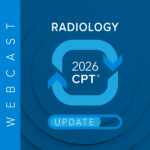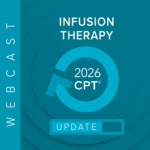
The Proposed Physician Fee Schedule Looms Over 2026: Specific Policy Impacts that Shape the Future
The 2026 Medicare Physician Fee Schedule (PFS) Proposed Rule has arrived, bringing with it new policy and provision changes for the coming year that will















